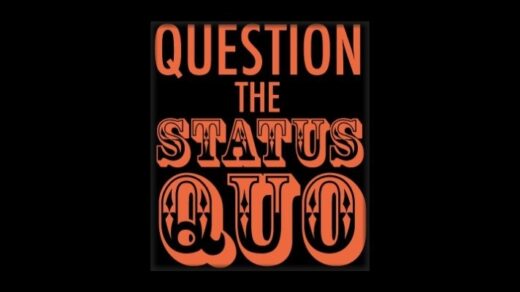
As many of you who have been reading my blog, I have been writing lately about Lynne Wester‘s book, T-Rexes and Kangaroos and the lessons contained in the book. I think it is one of the better books out there for fundraisers. Wester’s musings about life through the Donor Relations lens is a breath of fresh air. Wester speaks about whether fundraising is a job or a vocation. I think that I would be hard-pressed to find a career that has given me such an abundance of personal rewards. In my 20-plus years as a fundraiser, I have built buildings for folks to congregate in, ensured the next generation of music lovers has a program that is geared to them, saved lives through the purchase of medical equipment, provided shelter for those that are homeless and, most importantly, met some amazing people. Pretty darn rewarding, I would say.
I often lament to my wife that there are times that I am envious of those that have a job. They clock in at 9, leave at 5 and are able to turn ‘off’ the office in their free time. Rather, I have a vocation — something that I am overly passionate about.
And, with that vocation comes the restless nights before a big ask and the long hours associated with a special event; the chance encounters with a major donor at the local shopping mall and the visitation to a funeral of a steadfast donor.
So, why am I in this profession? Well, I am not going to get monetarily rich from this vocation. I will, however, be rich in other ways.
Job or Vocation — The Definitions
Webster’s Dictionary defines vocation as a strong inclination to a particular state or course of action. I think we may even use the word calling as a synonym for vocation. Putting aside the religious connotations, I can honestly say that fundraising (for me) is a vocation — I strongly believe in making the world a better place and helping donors achieve their dreams. As with Wester, every fundraiser that I have admired has seen fundraising as a vocation.
Webster’s Dictionary defines a job as a regular remunerative position. I wholeheartedly agree with Wester when she points out that a job is about the paycheck. She further goes on to say that when looking at a job, there is a finite end purpose and that conversely for fundraisers, their career is a vocation.
Wester ends this thought with a comparison about donors — those that see fundraising as a vocation are typically donors and those that see it as a job are usually not donors. A pretty bold statement, but something that rings true to me nevertheless.
What do you think?
L’chaim
jack




